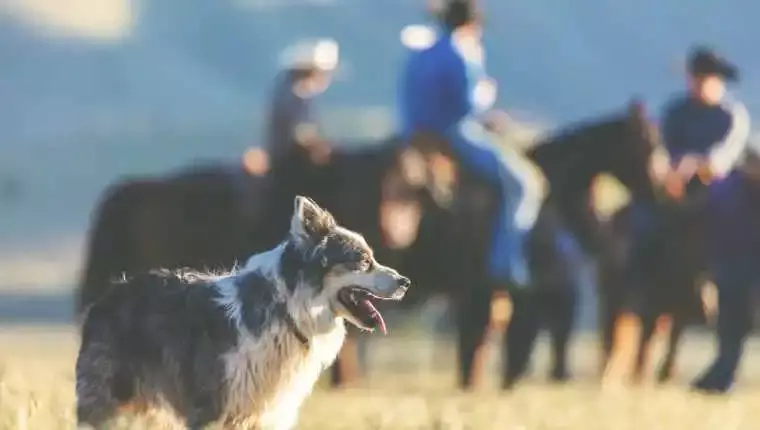Farming is often romanticized as a serene and idyllic lifestyle, but the reality is a demanding, tough, and multifaceted endeavor. At the core of many successful farms are the unsung heroes—the dogs that have historically supported farmers in their daily tasks. These working breeds have evolved alongside human agricultural practices, showcasing attributes like intelligence, agility, and loyalty. While many of them now find themselves curled up in our living rooms, their legacies are deeply rooted in the rugged landscapes of the countryside, making them indispensable to farm life.
Guardians of the Herd: Essential Roles of Farm Dogs
The duties of farm dogs extend far beyond simple companionship. Historical roles included herding livestock, guarding flocks from predators, and even assisting in perilous tasks like tracking and rounding up animals. Breeds such as Border Collies and Australian Shepherds exemplify the tenacity and skill required to manage these responsibilities effectively. Their innate understanding of livestock behavior makes them not only invaluable but also profoundly engaging partners in the agricultural process. For farms that operate in more varied terrains and environments, breeds like the Great Pyrenees offer the perfect blend of protective instincts against marauders while also serving as diligent guardians of the flock.
Balance of Work and Play: Energy Requirements of Farm Dogs
Not all breeds are suited for the relentless pace of farm life. High-energy dogs, such as the Belgian Malinois, thrive on productivity and stimulation, necessitating constant engagement and exercise. Without proper outlets for their energy, these spirited breeds can develop issues such as anxiety or destructive behaviors. Therefore, it’s crucial for those who own farm-adjacent energetic breeds to integrate regular exercise routines, either through structured activities or toys that promote physical engagement. Engaging them in tasks, such as agility training or even simple fetch games, can effectively channel their energy while also creating a lasting bond.
Choosing the Right Farm Dog: Factors to Consider
Selecting a farm dog isn’t merely about choosing a breed; it’s about aligning the dog’s traits with the specific needs and dynamics of the farm. Owners must consider various factors including size, temperament, and energy levels. Additionally, potential farm dog owners should assess how much space they can provide, as well as the level of supervision required to ensure safety among livestock and equipment. Opting for the right breed will undoubtedly pave the way for a more harmonious relationship on the farm, whereby dogs feel valued and fulfilled in their work.
The Changing Landscape of Dog Ownership
As urbanization rises, many traditional farm breeds are finding their way into homes that lack the expansive lands for which they were originally bred. This shift has created a unique intersection of lifestyle and behavior that can either thrive or flounder. While it’s fantastic to see these breeds flourishing in a domestic capacity, it’s equally important to match their needs with lifestyle. The challenge lies in finding exercise and engagement opportunities that simulate the physicality and mental stimulation lacking in a suburban environment. Thus, potential dog owners must commit to providing a lifestyle that honors the roots of these magnificent breeds.

